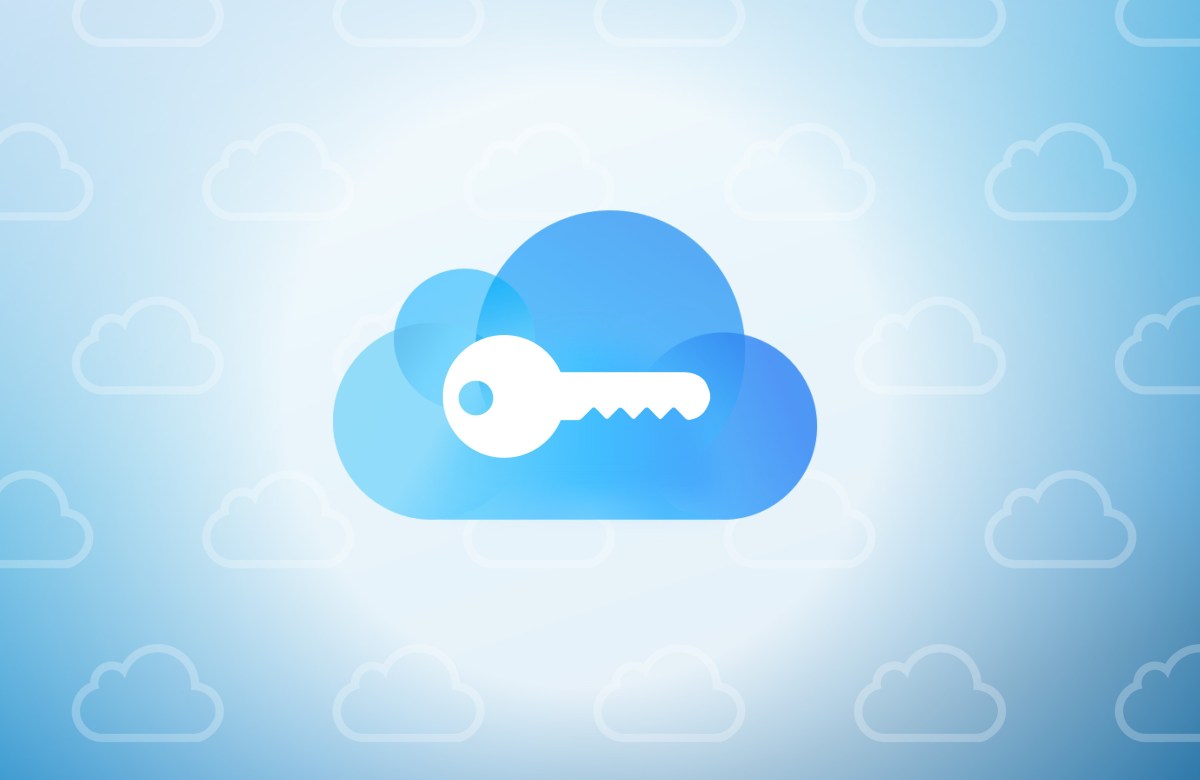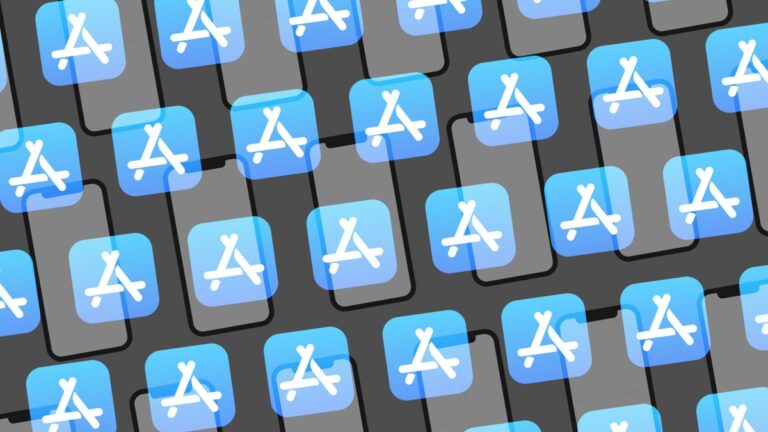UK Court Rules: Apple Backdoor Demand Must Be Public, Not Secret
The U.K. government has recently faced a significant setback in its efforts to maintain secrecy over a surveillance order issued against Apple. This development comes from a decision by the Investigatory Powers Tribunal, which has drawn attention to the ongoing debate surrounding privacy and surveillance in the digital age.
U.K. Surveillance Order: Tribunal’s Decision
On Monday, the Investigatory Powers Tribunal in London announced that parts of the legal proceedings concerning the surveillance order will be made public, despite the U.K. government’s objections. The judges stated they “do not accept that the revelation of the bare details of the case would be damaging to the public interest or prejudicial to national security.” This ruling marks the first public acknowledgment of the case’s existence, although specific details remain confidential.
Background of the Case
The core of the legal demand reportedly involves a request for Apple to grant U.K. authorities access to encrypted cloud data from any Apple customer globally. This situation escalated after The Washington Post leaked information in February about the U.K.’s backdoor demand. Consequently, Apple announced that it could no longer provide Advanced Data Protection for users in the United Kingdom, a feature designed to keep customer files encrypted and secure.
Responses from Apple and U.K. Authorities
As the case unfolds, both Apple and the Home Office—responsible for initiating the legal demand—have refrained from commenting on the specifics of the order, citing U.K. national security regulations that restrict even acknowledging the case. In response to the order, Apple has formally appealed to the Investigatory Powers Tribunal.
- Concerns Over National Security: The U.K. government argues that public knowledge of the case could jeopardize national security.
- Calls for Transparency: Privacy advocates, media coalitions, and U.S. lawmakers have urged for greater transparency in these legal proceedings.
- Apple’s Commitment to Privacy: Apple has previously stated to TechCrunch that it has “never built a backdoor or master key” for its products and services.
The Importance of Privacy and Surveillance Debate
The ongoing legal confrontation raises critical questions about the balance between national security and individual privacy rights. As technology evolves, the implications of surveillance orders on companies like Apple could set important precedents for how digital privacy is approached in the future.
For further insights on surveillance and privacy issues, you can explore more about the Privacy International or check out related discussions on Electronic Frontier Foundation.
As developments continue, both tech companies and governments are under increasing pressure to clarify their positions on surveillance practices and user privacy.






